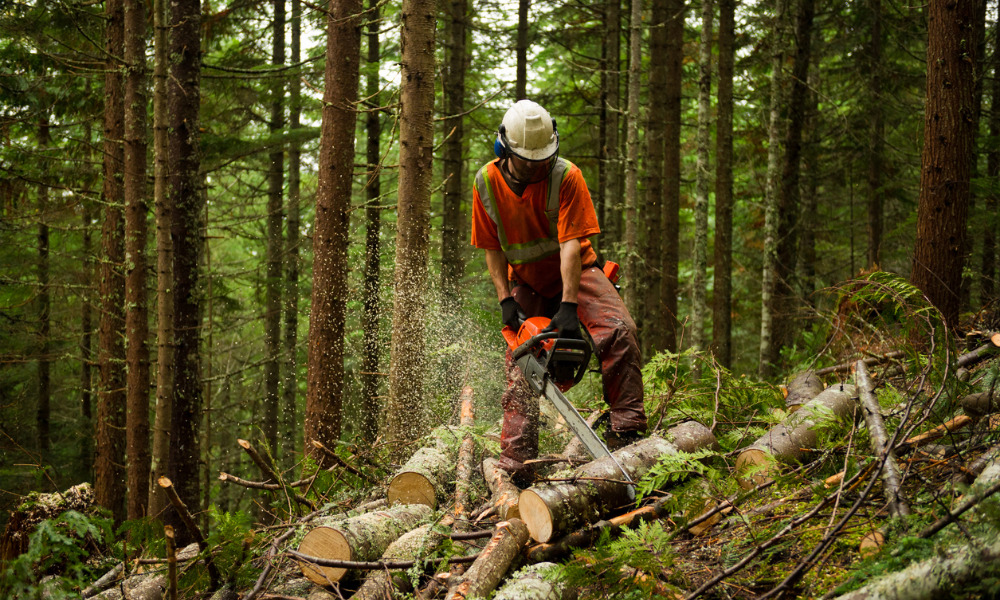Internships for 500 people to range from 6 to 12 months

The federal government is investing $15.8 million in the NRCan Green Jobs Program to create green jobs and training opportunities for Canadian youth impacted by the COVID-19 crisis.
The jobs and training will be in the fields of science, technology, engineering and math (STEM) in the energy, forestry, mining, earth sciences and clean technology sectors.
“By expanding employment and skills development for youth and students, the government of Canada is providing 500 young Canadians with career experience in fast-growing and future-friendly green jobs,” says Seamus O’Regan, minister of natural resources. “By encouraging employers to hire youth, including northern, remote and Indigenous youth, we are helping build a diverse, qualified labour pool and create a green economy that benefits all Canadians.”
The funding is part of the $9-billion Canadian government COVID-19 response for students announced by Prime Minister Justin Trudeau on April 22.
Organizations will provide internships, ranging from six to 12 months in length, for youth to gain valuable on-the-job experience and explore careers in the natural resources sectors. Green jobs are available through four delivery organizations: BioTalent Canada, Colleges and Institutes Canada, ECO Canada and Electricity Human Resources Canada.
“In these uncertain times, providing meaningful, paid experiences to new graduates is more important than ever,” says Denise Amyot, president and CEO of Colleges and Institutes Canada. “This will help both youth and employers facing financial challenges as a result of COVID-19 and contribute to Canada’s economic recovery post-pandemic.”
The jobs are supported by Natural Resources Canada’s Science and Technology Internship Program, part of the federal government's Youth Employment and Skills Strategy (YESS).
The jobs “will enhance the employability skills of workers aged 15 to 30 in STEM, increase the number of skilled young Canadians in the workforce and advance Canada's climate change goals,” says the government.
Younger workers are suffering disproportionately amid the COVID-19 pandemic compared to older workers, according to a report from the International Labour Organization (ILO). And nearly a third of young people globally feel their current education is not preparing them with the skills they need to get jobs, according to UNICEF.




